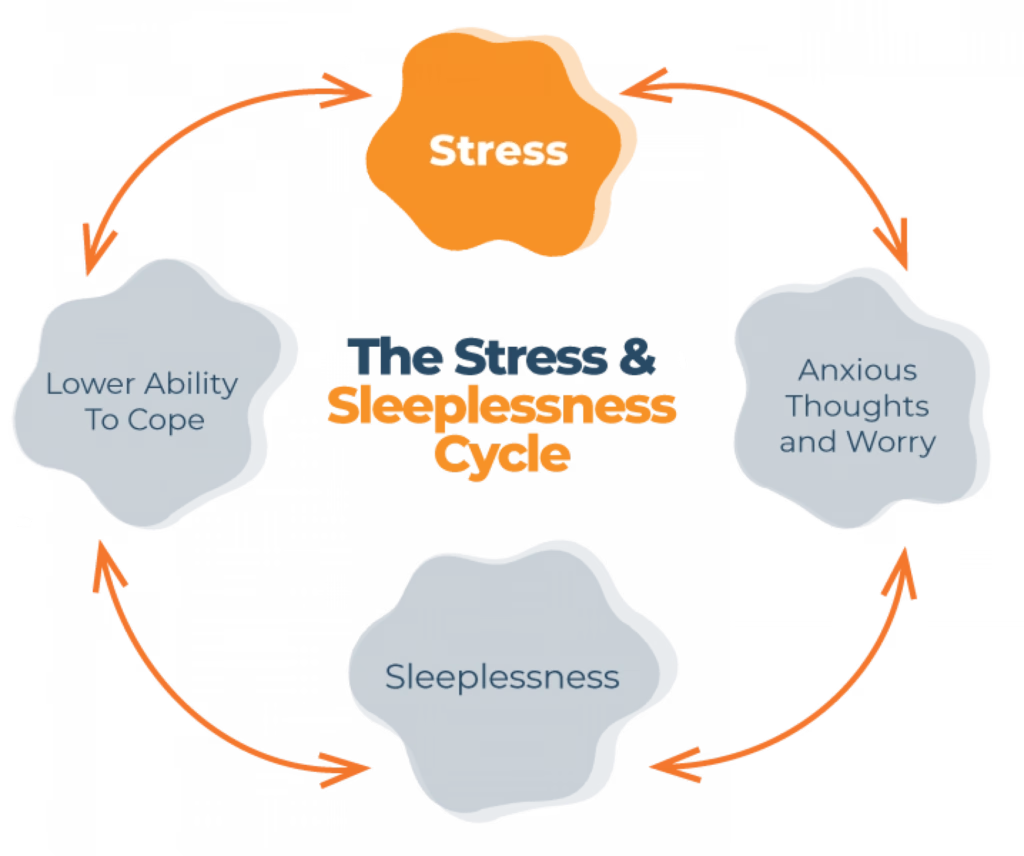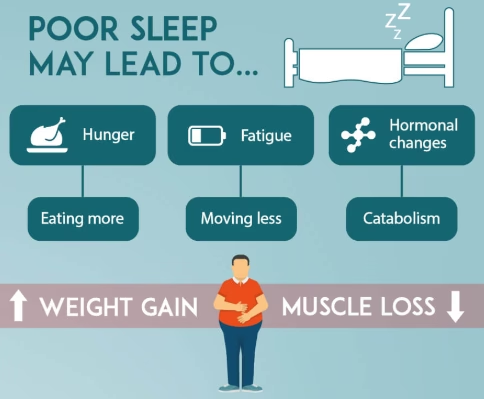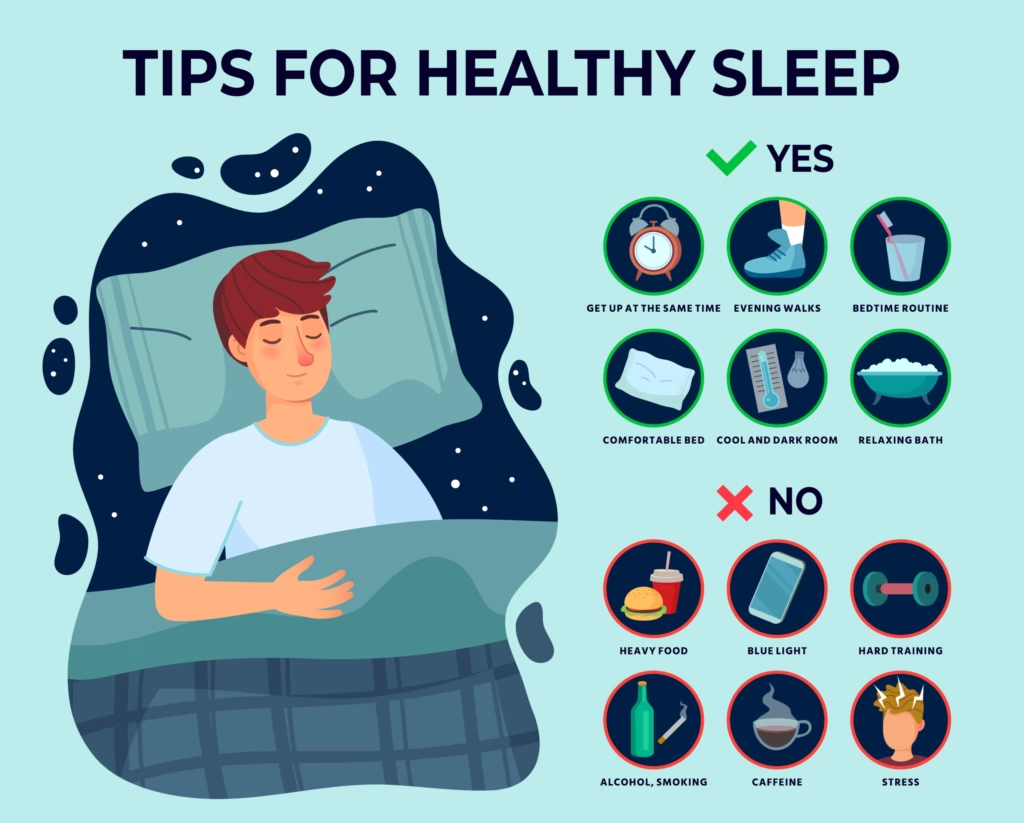Quality sleep often takes the backseat, overshadowed by the hustle of daily life. Yet, quality rest isn’t just a luxury—it’s a necessity that can profoundly influence our well-being. As we delve into the realm of sleep, it’s essential to understand how it impacts stress levels and weight management, two critical aspects of maintaining a healthy lifestyle. Let’s explore why prioritizing sleep might just be your secret weapon for a balanced life.
The Science Behind Quality Sleep and Stress

Stress and quality sleep have a bidirectional relationship; poor sleep can increase stress levels, and high stress can lead to sleep disturbances. According to the National Sleep Foundation, inadequate sleep can elevate cortisol levels, the body’s primary stress hormone. When cortisol levels rise, it can result in increased anxiety, mood swings, and even depression. Here are some key points to consider:
- Sleep’s Restorative Role: During sleep, the body undergoes various restorative processes, including muscle repair and memory consolidation, crucial for managing stress.
- Impact of Sleep Deprivation: Chronic lack of sleep can impair your ability to cope with stress, creating a vicious cycle of sleep deprivation and heightened stress response.
Sleep’s Influence on Weight Management

Beyond stress, sleep has a substantial impact on weight management. Several studies, including research published by PubMed, highlight how sleep deprivation can lead to weight gain by affecting hormones that regulate hunger and satiety. Here’s how:
- Hormonal Imbalances: Lack of sleep affects leptin and ghrelin, hormones that regulate hunger. Reduced sleep leads to lower leptin (which helps you feel full) and increased ghrelin (which stimulates appetite), resulting in overeating.
- Metabolic Effects: Inadequate sleep can slow down your metabolism, making it harder to burn calories efficiently.
- Insulin Sensitivity: Sleep deprivation can reduce insulin sensitivity, increasing the risk of weight gain and even type 2 diabetes.
Strategies for Better Quality Sleep

Recognizing the importance of sleep is just the beginning. Implementing strategies to enhance sleep quality can significantly impact stress and weight management. Here are some practical tips:
- Establish a Routine: Go to bed and wake up at the same time every day, even on weekends, to regulate your body’s internal clock.
- Create a Sleep-friendly Environment: Ensure your bedroom is dark, quiet, and cool. Consider using blackout curtains and white noise machines for optimal sleep conditions.
- Limit Screen Time: Reduce exposure to blue light from devices at least an hour before bedtime to facilitate the natural onset of sleep.
- Mindful Relaxation: Incorporate relaxation techniques such as meditation or deep breathing exercises to decrease stress and prepare your body for rest.
Conclusion: Sleep as a Foundation for Health
By prioritizing sleep, you’re not just preventing stress and weight gain—you’re fortifying your overall health. Remember, a well-rested body is more equipped to handle stressors and maintain a healthy weight. If you’re facing chronic stress or weight challenges, take action by consulting a healthcare professional or engaging with Slim180 Weight Loss coaching for essential support. Prioritize the power of sleep—it’s your key to unlocking a revitalized, healthier version of yourself.
